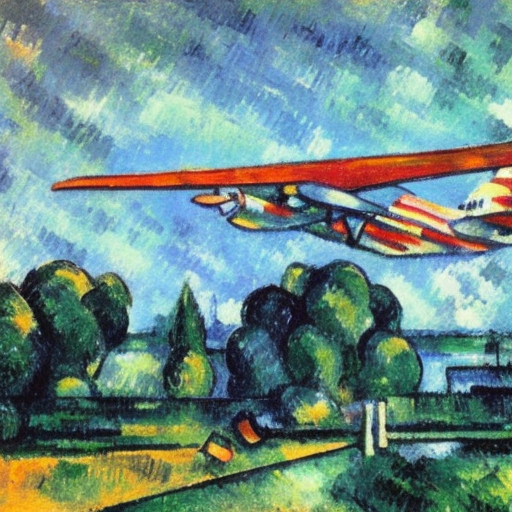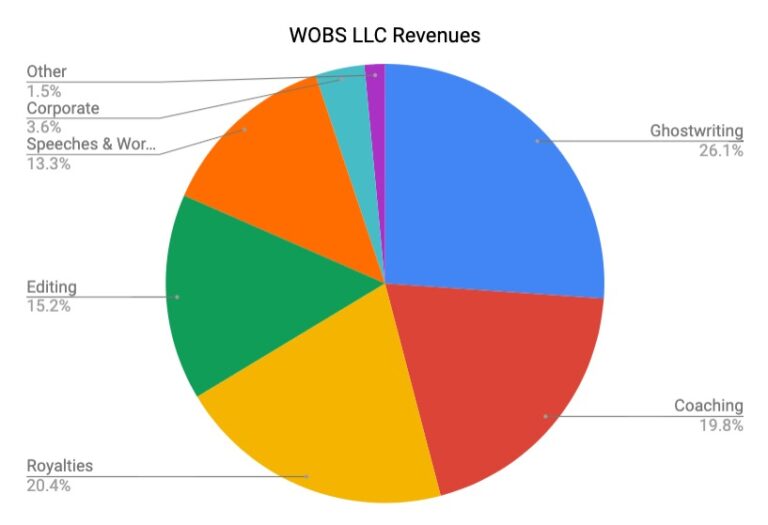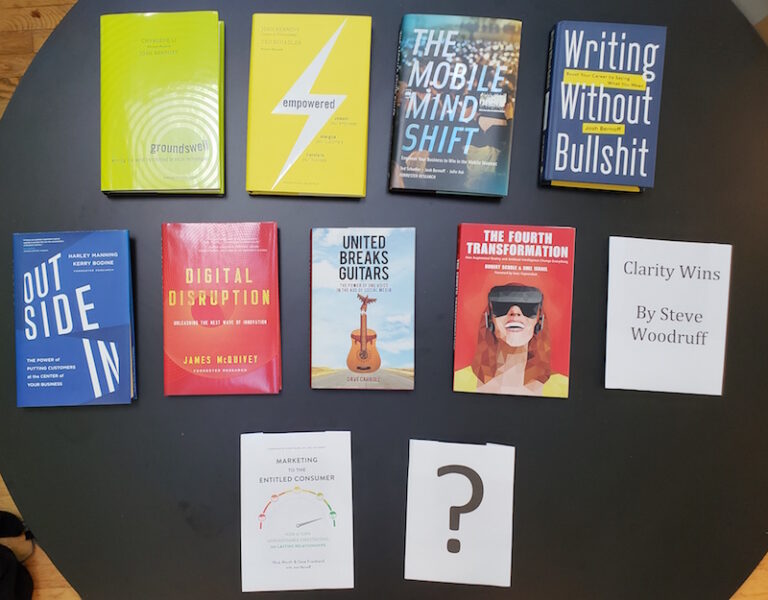To build your writing career, grow your abilities in 4 dimensions
Writers need to grow, or else the work gets boring. You’ll be more versatile, more employable, and happier if your always looking for ways to expand your capabilities. Seek opportunities to grow your experience in these four dimensions: Pivot and grow based on what you’re comfortable with Work can be simpler if you hold one…







